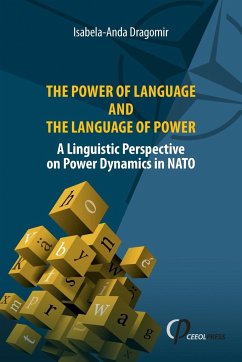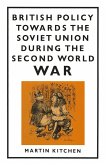Since the dawn of modern history, maintaining a power balance as an underlying condition for international order has been one of the most constantly pursued endeavors of humanity. Starting with the ancient Trojan War and ending with the contemporary "war on terror", leaders all over the world, in isolation or alliance, have struggled to uphold power and play a determining role in keeping a power balance that would serve national and global interests and secure international peace and prosperity. The interpretation of international relations through the theory of balance of power involves a high degree of abstraction, reified into the visual representation of Powers, i.e., states holding the status of, as the weights in a pair of scales. This book examines the concept of power as a construct in communicative theories and the way in which it relates to and is constituted by NATO discourse. By way of extended example, it investigates the way in which the dynamics of various types of power (integrative, adversarial, and predominant) impact social, political, and military relationships between the members of the North Atlantic Organization and between the Alliance and external actors.
Hinweis: Dieser Artikel kann nur an eine deutsche Lieferadresse ausgeliefert werden.
Hinweis: Dieser Artikel kann nur an eine deutsche Lieferadresse ausgeliefert werden.








